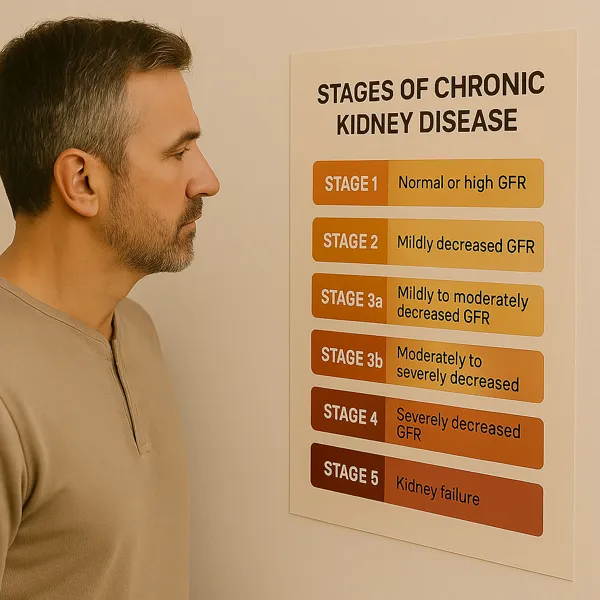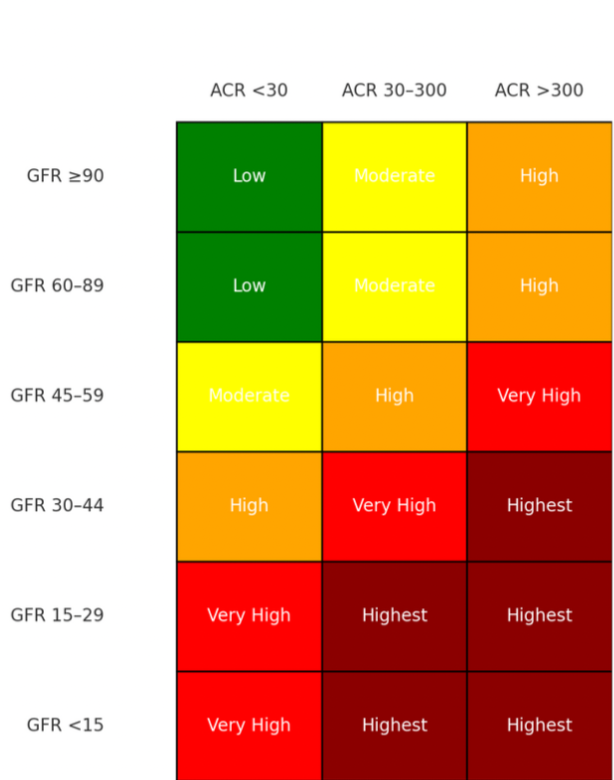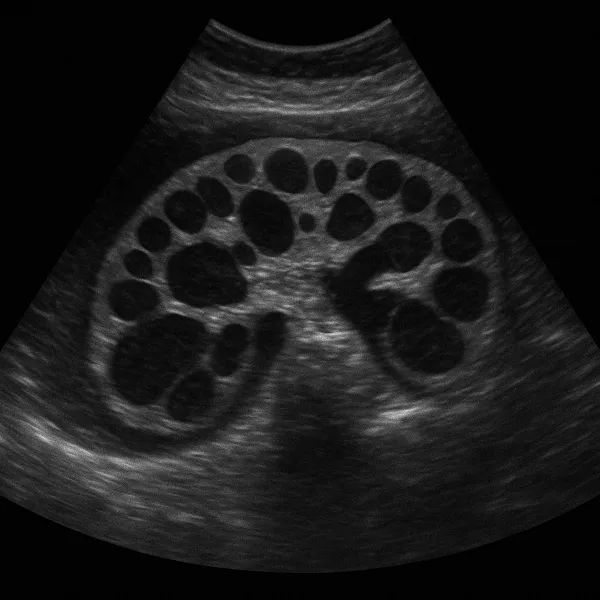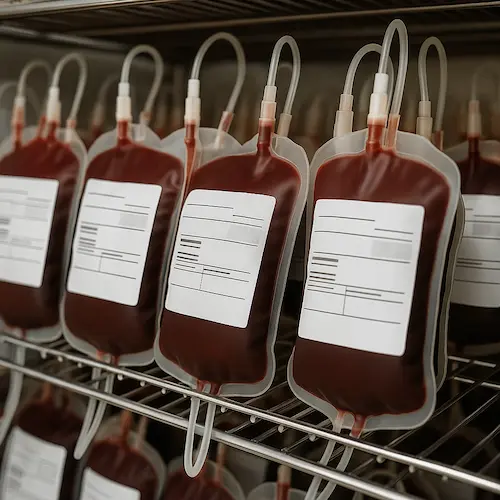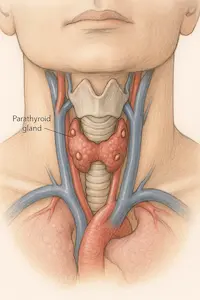CKD Stages 1 Through 5 and Why Does this Matter to Me?
Understanding the CKD Staging System If you’ve recently been told you have “Stage 3 CKD” or “early-stage kidney disease,” you might be wondering about CKD Stages: These are reasonable questions, and the answers depend on understanding how chronic kidney disease (CKD) is staged and what those stages imply for your health, care plan, and future….
